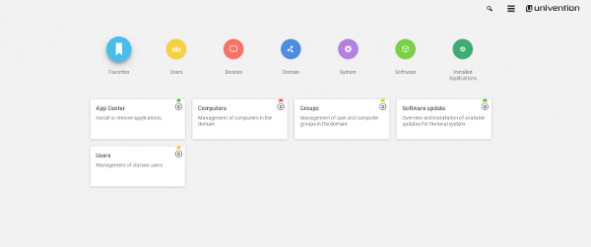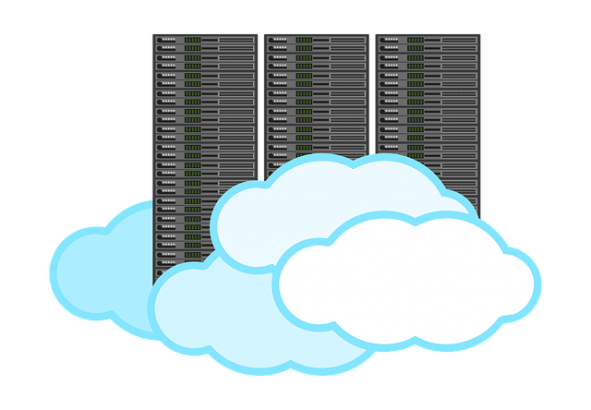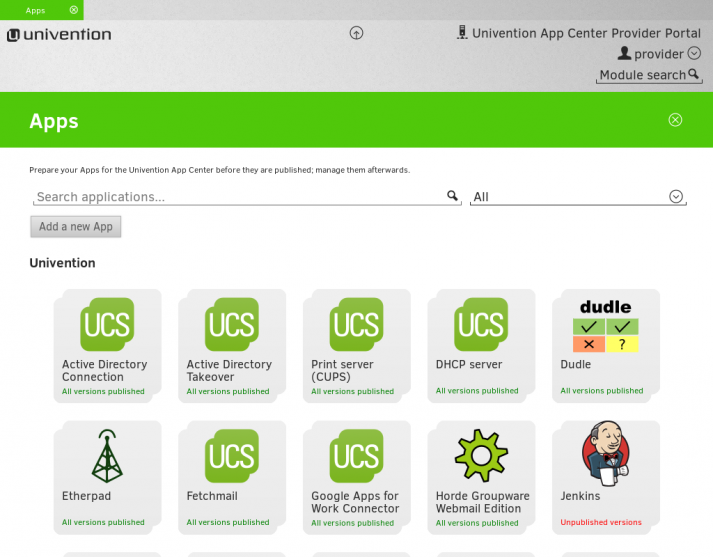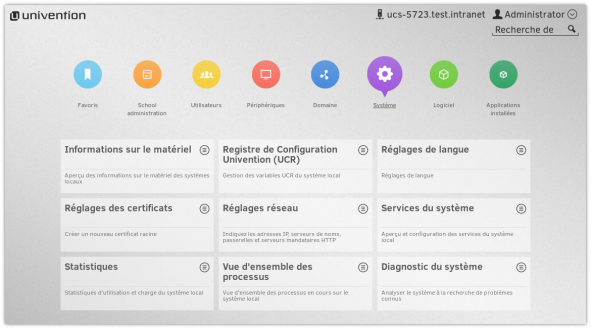The core sales tool for every business in our increasingly data-centric world is customer relationship management (CRM). Your sales benefits greatly from CRM by collecting the best data of your leads. Likewise, marketing and general business planning also profit a lot from having the right information about customers and potentials. Using easy, web-based CRM tools, even the smallest business can utilize their power today.
Sales tool out of the box
There are numerous CRM solutions on the market, each with their unique advantages. In my opinion and personal experience the Linux-based software SuiteCRM stands out as it offers a comprehensive and easy to use user interface that is ready to use out of the box, but can also be easily adapted to your unique situation if needed. SuiteCRM provides easily understandable overviews of your customer engagement process. Apart from lead and contract management it also includes project management, invoicing modules, further extensions, and it is open source.
With the following installation and operation guide I like to help you get SuiteCRM set up and running. Look how you can manage it with ease via UCS!










